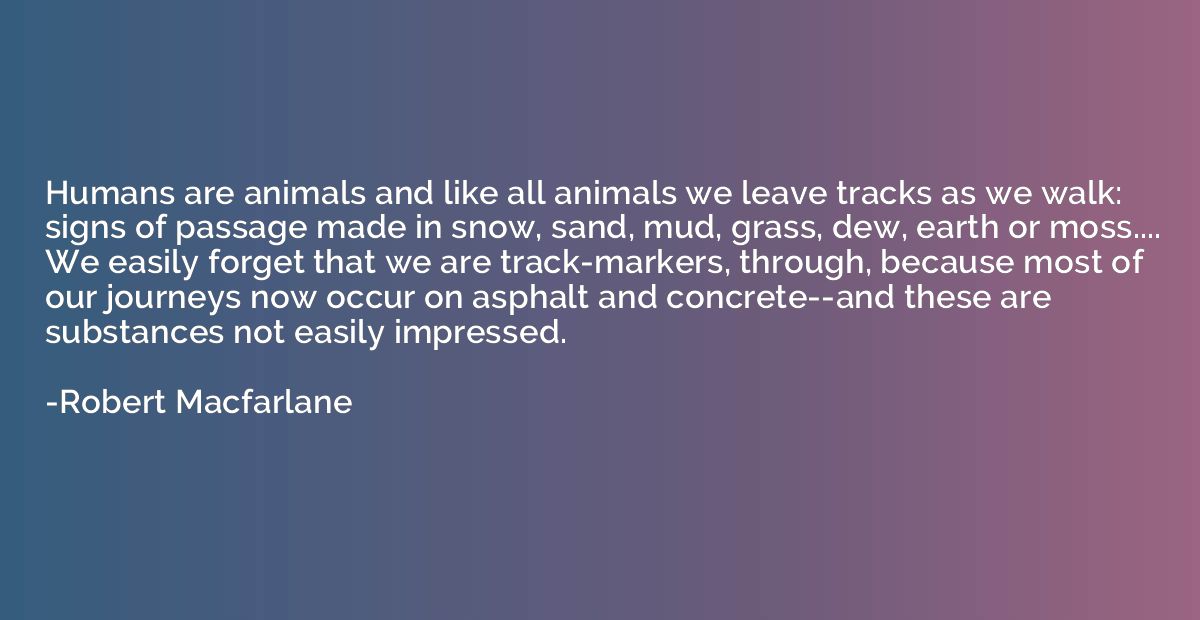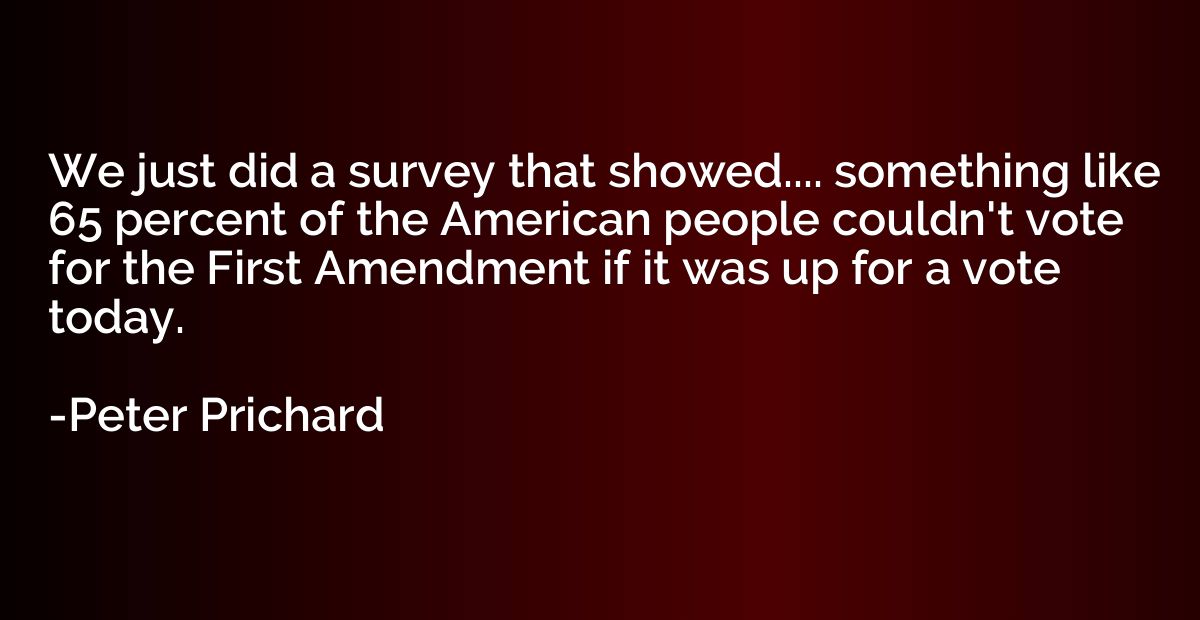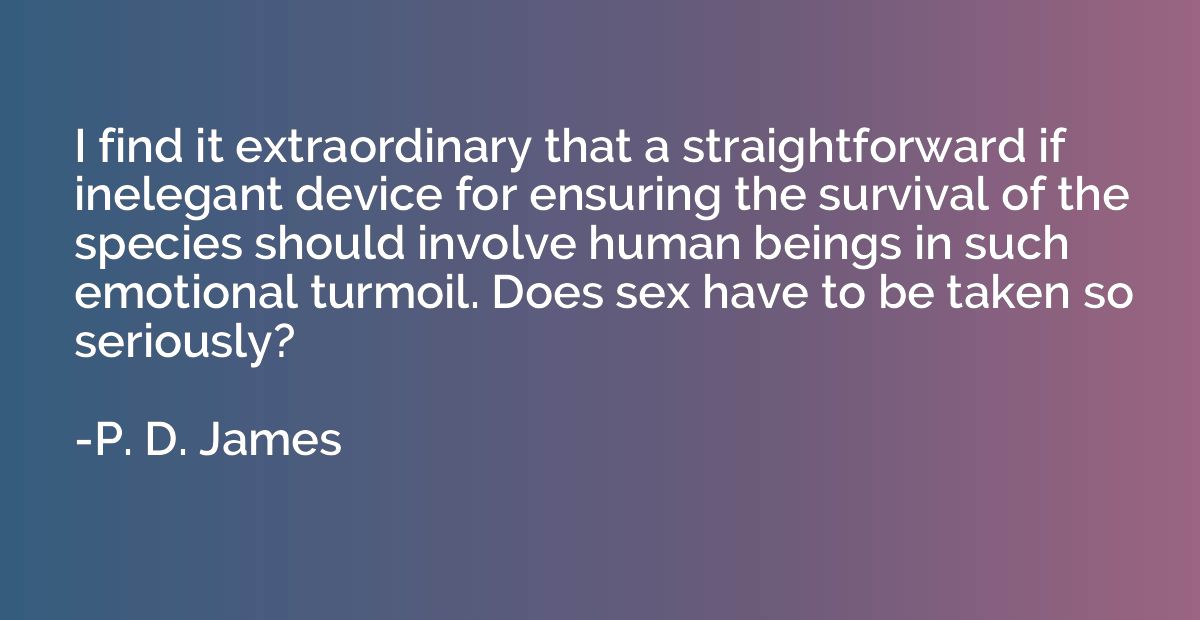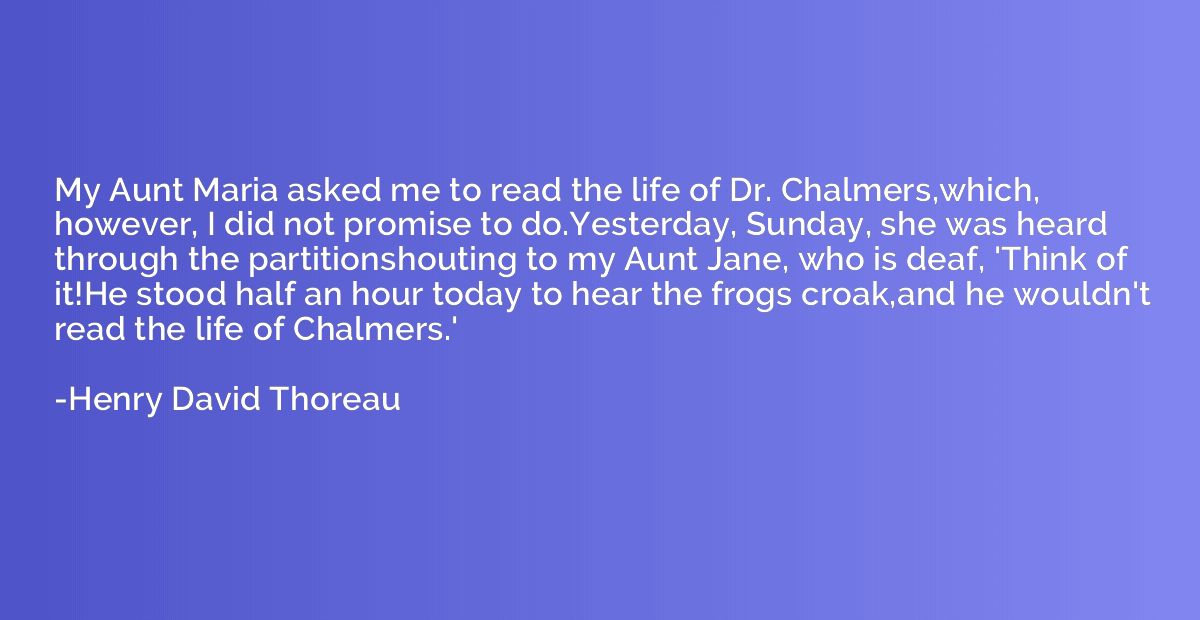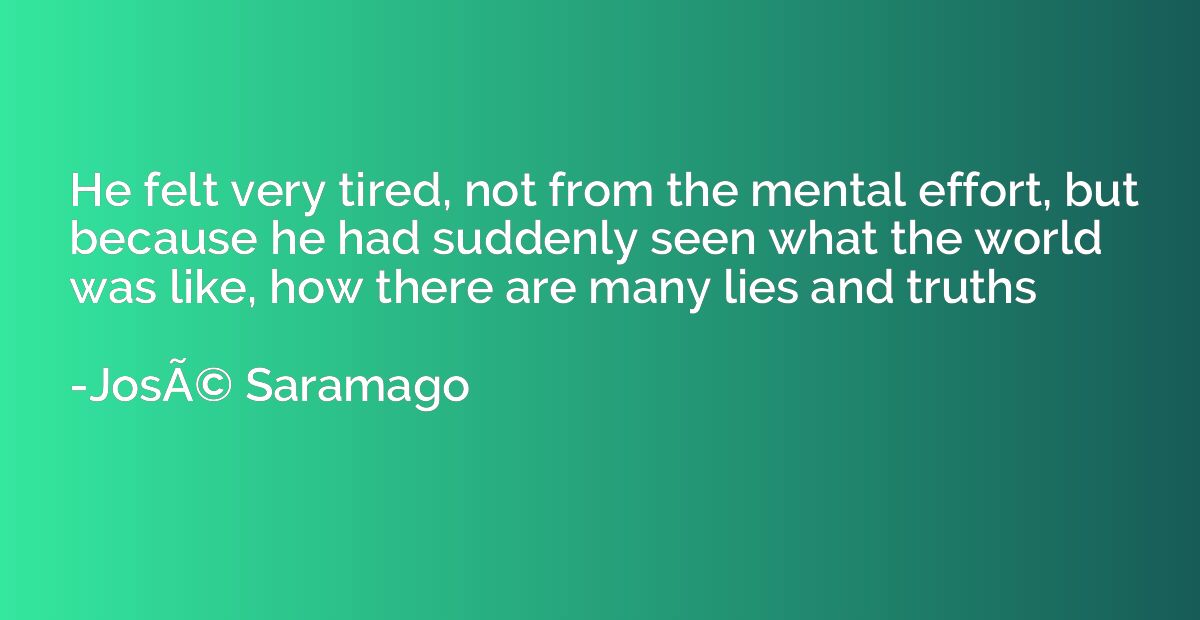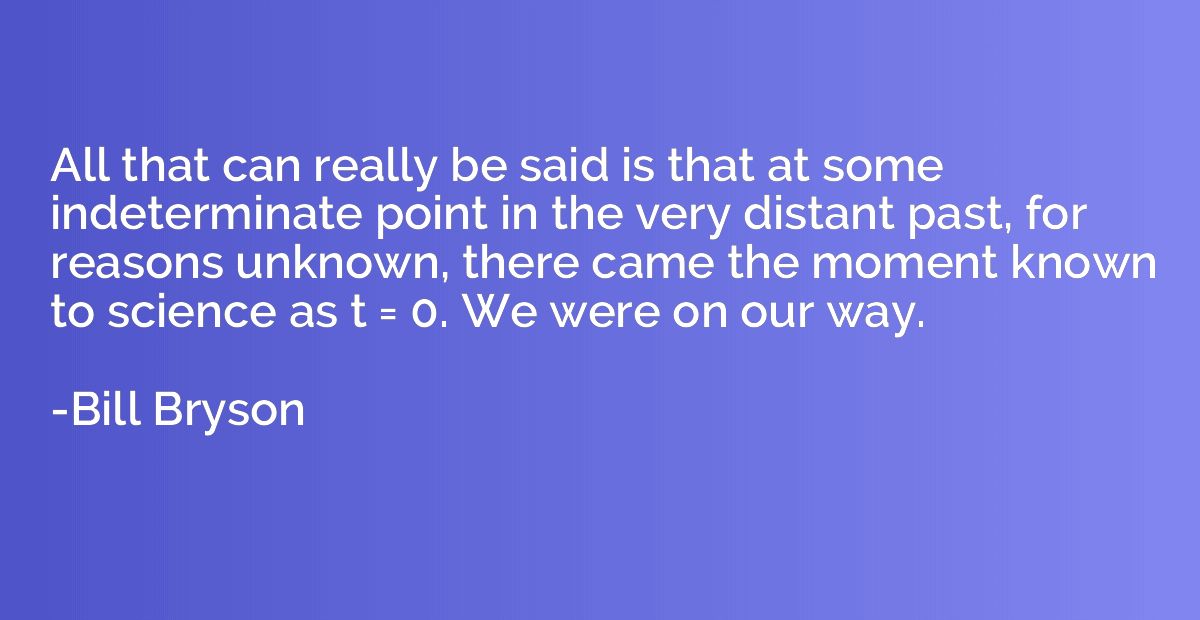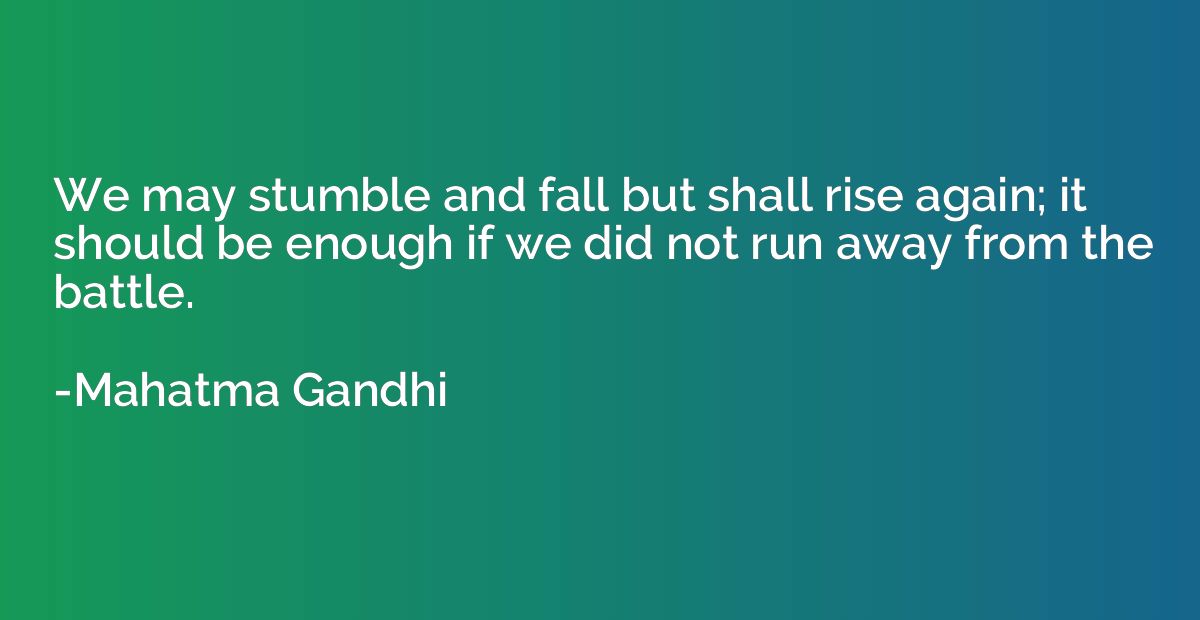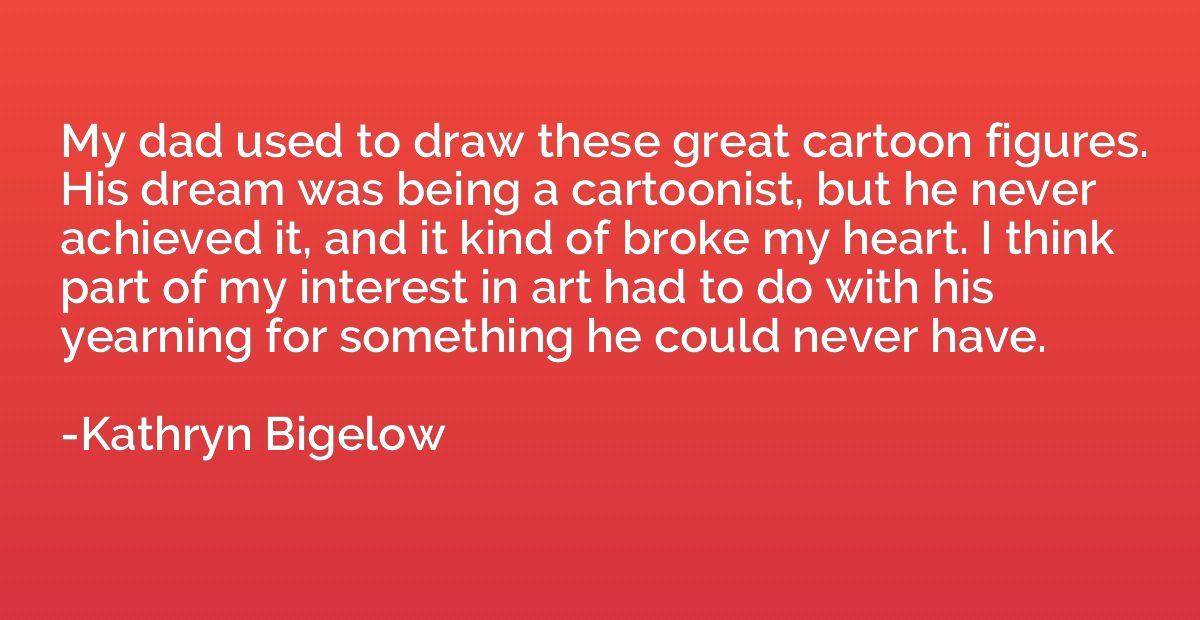Quote by Grace Noll Crowell
Thank You Friend I never came to you, my friend, and went away without some new enrichment of the heart; More faith and less of doubt, more courage in the days ahead. And often in great need coming to you, I went away comforted indeed. How can I find the shining word, the glowing phrase that tells all that your love has meant to me, all that your friendship spells? There is no word, no phrase for you on whom I so depend. All I can say to you is this, God bless you precious friend.

Summary
This quote expresses sincere gratitude for the impact a friend has had on the speaker's life. The speaker acknowledges the friend's ability to consistently provide comfort, faith, courage, and enrichment, as well as their unfaltering support during times of great need. The speaker emphasizes the profound significance of the friend's love and friendship, admitting that no words or phrases can adequately describe their appreciation. Instead, the speaker concludes by blessing and cherishing the friend, acknowledging their preciousness in their life.



